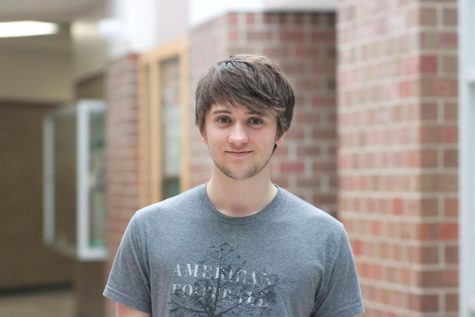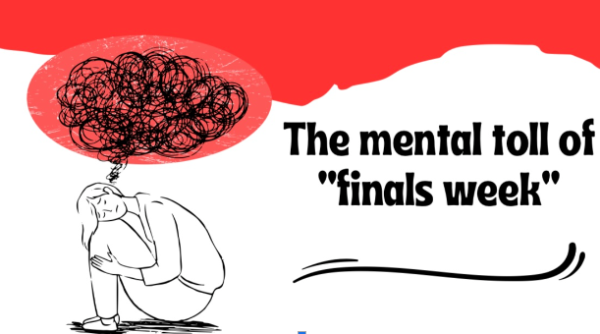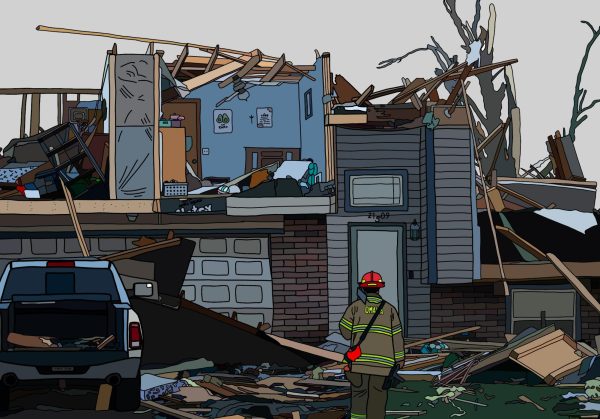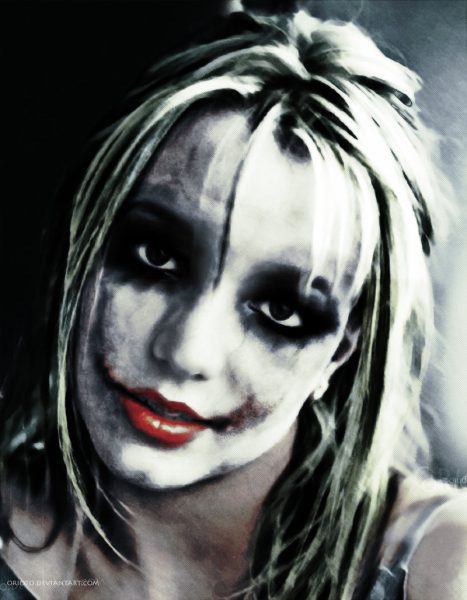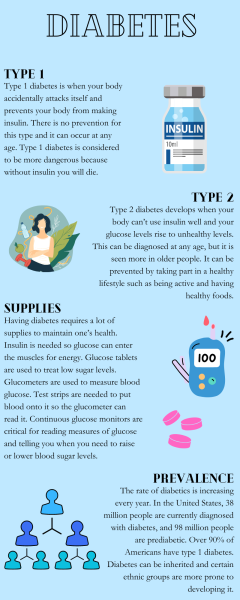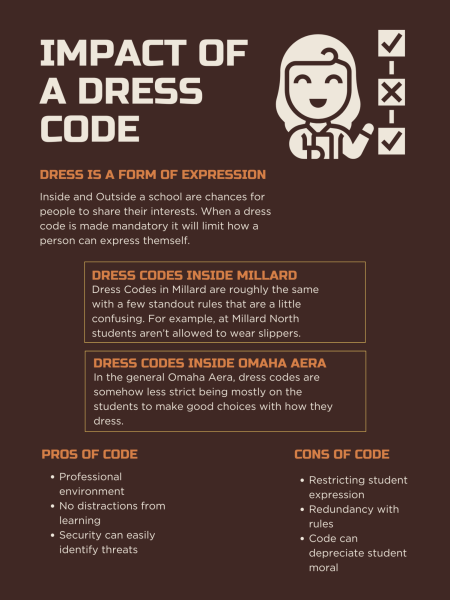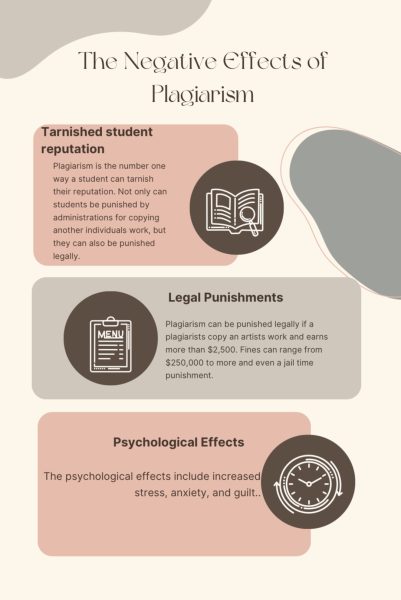The problems with “13 Reasons Why” returning for a second season
April 10, 2018
“The road to Hell is paved with good intentions,” a phrase which can be applied to the Netflix original series, “13 Reasons Why”. The fictional drama which follows the story high school student Hannah Baker, played by Katherine Langford, dying by suicide and leaving behind 13 cassette tapes is returning with a second season a year after its controversial first season. For the second season, a warning before every episode will be added after backlash from its immature depiction of suicide, however, some mental health experts and counselors argue that a warning before each episode is not enough to prevent harmful influence on struggling young adults with the show’s unrealistic and sensationalist portrayal of suicide.
The warning opens with actor Justin Prentice, who plays Bryce Walker on the show, speaking earnestly to the audience, “‘13 Reasons Why’ is a fictional series that tackles tough, real world issues, taking a look at sexual assault, substance abuse, suicide, and more.”
“By shedding a light on these difficult topics, we hope our show can help our viewers start a conversation,” continues Langford.
“But if you are struggling with these issues yourself, this series may not be right for you, or you may want to watch it with a trusted adult,” finishes actress Alisha Boe, who plays Jessica Davis on the series.
The new inclusion of the graphic warning by Netflix comes in response to criticisms levied toward the show by school counselors and mental health experts across the nation concerned with the show’s glamorous and romantic portrayal of suicide. Even in Omaha, concerns about the first season of “13 Reasons Why” was brought to attention last year when the Millard Public School district emailed parents about the show’s content and lack of “information regarding mental illness and available support.”
“When Netflix came out with the series, I remember some of the social workers were telling me they were concerned about it, and there would definitely be parents of students who needed to be cautious about their son or daughter watching it,” Millard West Principal Greg Tiemann said.
Despite efforts to increase suicide awareness every year, students can often forget how there are other students at Millard West who are struggling with depression and even suicidal thoughts. This is due to the fact that suicide attempts made by other students are often kept private from reaching the public. But they still exist.
“There’s about 27,000 to 30,000 people who will suicide every year,” Millard West counselor Susan Hancock said. “Something that we deal here at school are students, parents, and even faculty members who give definite messages, and for those we can usually do something to help them make a different choice.”
With “13 Reasons Why” audience demographic being mostly young adults in high school or college, many of those who are vulnerable and are silently struggling against depression and suicidal thoughts can be affected by the inadvertent messages of the show.
“I think it’s important that we talk about suicide, but do we need a TV series about?” Millard West counselor Carmen Hippen said. “It isn’t a factual approach, which is why I find it bothersome.”
One of the issues mental health experts have warned about “13 Reasons Why” is how the character Hannah Baker uses her suicide as a revenge tactic against those who she believed contributed to her pain. Although this is supposed to act as a cautionary tale about the serious consequences of how we treat other people, the show then also empowers Hannah Baker by her suicide. The cassette tapes that she leaves behind after her suicide are meant to guilt others for their mistakes towards her, which creates a harmful message that may influence others to view suicide as a solution to their issues.
“A short PSA doesn’t undo the hour of drama,” Hippen said. “You can’t sensationalize an hour then to put a short PSA at the end. I wonder what mental health institutes such as the Jed Foundation and the American Psychological Association would have to say, and if research can prove if that’s best practice.”
Another issue mental health experts and Millard West counselors have with “13 Reasons Why” is the ineffective portrayal of a school counselor in the show and how he fails to help Hannah Baker before her death by suicide.
“It was very disappointing to see a professional school counselor portrayed in that light,” Hippen said. “Most counselors are highly skilled and able to refer students to resources outside of school.”
Although the creators of “13 Reasons Why” claim to be shedding light on difficult topics for audiences to discuss, counselors and mental health experts who work passionately to help others with suicidal thoughts call into question the show’s execution. As the second season of “13 Reasons Why” approaches, it’s important for students to remember that no matter what school or district you’re from, the Omaha mental health community for young adults works closely with one another to keep students safe, and resources are available for any questions regarding suicide and depression. From school to school and district to district, help and care is available by contacting your counselor or calling the National Suicide Hotline at 1-800-273-8255.


